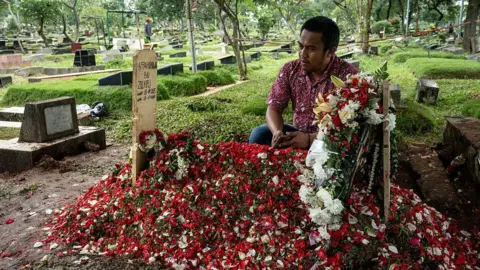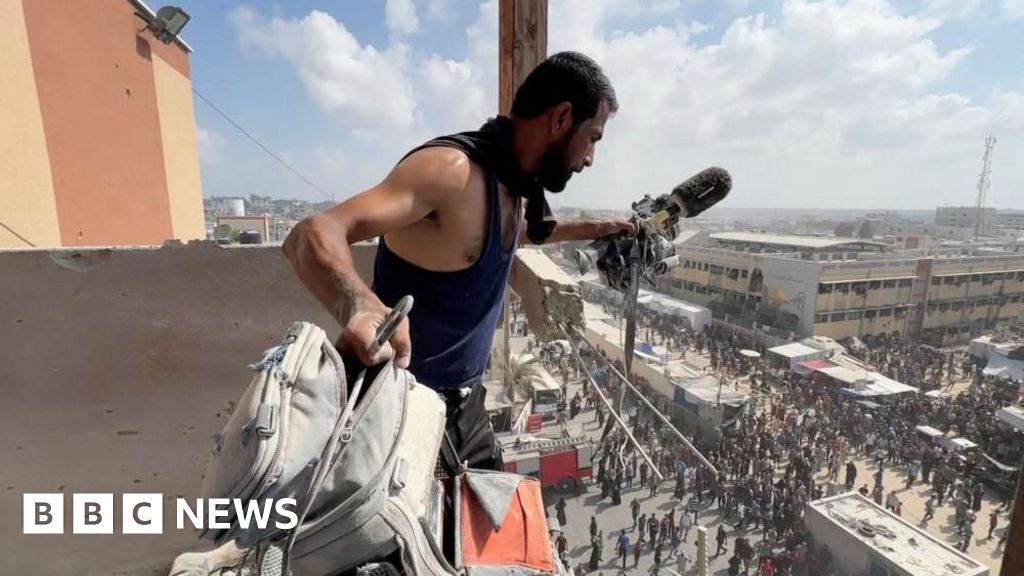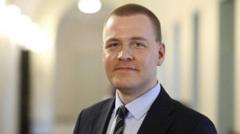April 21, 2025, marked a somber day in Vatican City as the Vatican officially announced the death of Pope Francis due to a stroke that ultimately led to cardiocirculatory collapse. His profound health challenges included Type 2 diabetes, high blood pressure, and bronchiectasis—a chronic lung condition that can make the body more vulnerable to infections.
The Pope's health had been in decline, compounded by a five-week hospitalization earlier this year due to pneumonia. Medical experts explained that individuals with bronchiectasis might experience complications such as pneumonia, which can further increase the risk of blood clots and strokes. A stroke occurs when the blood flow to the brain is interrupted, often resulting in severe consequences, as was the case with Francis.
The Vatican's statement emphasized that the stroke triggered "cardiocirculatory collapse," a condition where essential life functions cease. Medical professionals elaborated on how a stroke could affect brain regions responsible for heart regulation or cause dangerous swelling, leading to a fatal crisis in the heart and lungs.
As mourners gather in St. Peter’s Square for a rosary in honor of the late Pope, many are left to ponder the impact of Francis' leadership. His global outreach, commitment to interfaith dialogue, and advocacy for social justice issues have left a lasting impression on millions worldwide. Discussions on potential successors are now on the horizon as the Vatican prepares for a period of mourning and reflection on Francis' profound contributions to the Catholic Church and the world.
The Pope's health had been in decline, compounded by a five-week hospitalization earlier this year due to pneumonia. Medical experts explained that individuals with bronchiectasis might experience complications such as pneumonia, which can further increase the risk of blood clots and strokes. A stroke occurs when the blood flow to the brain is interrupted, often resulting in severe consequences, as was the case with Francis.
The Vatican's statement emphasized that the stroke triggered "cardiocirculatory collapse," a condition where essential life functions cease. Medical professionals elaborated on how a stroke could affect brain regions responsible for heart regulation or cause dangerous swelling, leading to a fatal crisis in the heart and lungs.
As mourners gather in St. Peter’s Square for a rosary in honor of the late Pope, many are left to ponder the impact of Francis' leadership. His global outreach, commitment to interfaith dialogue, and advocacy for social justice issues have left a lasting impression on millions worldwide. Discussions on potential successors are now on the horizon as the Vatican prepares for a period of mourning and reflection on Francis' profound contributions to the Catholic Church and the world.






















